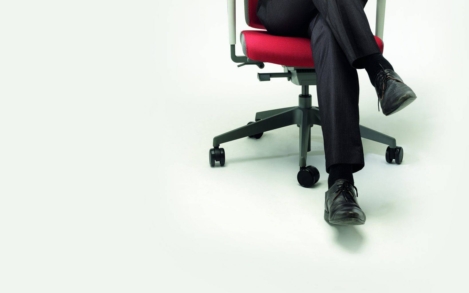October 27, 2015
OECD report urges firms to use Big Data analytics for growth and wellbeing 0
 A new OECD report claims that organisations could be doing far more to use the data they and their employees generate to deliver a wide range of social, economic, commercial and personal benefits. In Data-driven innovation for growth and wellbeing, it suggests that governments do more to encourage investment in Big Data and promote data sharing. The report urges countries to act to train more data scientists, reduce barriers to cross-border data flows and encourage investment in business processes to incorporate data analytics. It also claims that few companies outside the ICT sector are changing internal procedures to take advantage of data. This is particularly the case for small and medium-sized companies who face barriers to the adoption of data-related technologies such as The Cloud, partly because they have difficulty implementing organisational change due to limited resources.
A new OECD report claims that organisations could be doing far more to use the data they and their employees generate to deliver a wide range of social, economic, commercial and personal benefits. In Data-driven innovation for growth and wellbeing, it suggests that governments do more to encourage investment in Big Data and promote data sharing. The report urges countries to act to train more data scientists, reduce barriers to cross-border data flows and encourage investment in business processes to incorporate data analytics. It also claims that few companies outside the ICT sector are changing internal procedures to take advantage of data. This is particularly the case for small and medium-sized companies who face barriers to the adoption of data-related technologies such as The Cloud, partly because they have difficulty implementing organisational change due to limited resources.






















 In years gone by, a ‘one size fits all’ approach to office design might have been the norm, but as the decades have progressed, so too have the options available to businesses designing ‘homes from home’ for their office-based workforces. As new interpretations of the office environment proliferated, so the open plan model came to into being and eventually evolved into the default office design model. This initially brought greater variety than ever before but, ultimately, a one size fits all mentality in
In years gone by, a ‘one size fits all’ approach to office design might have been the norm, but as the decades have progressed, so too have the options available to businesses designing ‘homes from home’ for their office-based workforces. As new interpretations of the office environment proliferated, so the open plan model came to into being and eventually evolved into the default office design model. This initially brought greater variety than ever before but, ultimately, a one size fits all mentality in 


 A series of executive briefings taking place next week in Central London offers you the chance to learn about the next generation of technologies and their impact on the workplace, working practices and office design. Insight readers can enjoy a 15 percent discount by using this
A series of executive briefings taking place next week in Central London offers you the chance to learn about the next generation of technologies and their impact on the workplace, working practices and office design. Insight readers can enjoy a 15 percent discount by using this 








October 21, 2015
Far fewer working women than men receive an annual bonus 0
by Sara Bean • Comment, News, Workplace
Nearly three quarters of the UK’s working women don’t receive any form of annual bonus. Glassdoor’s latest UK Employment Confidence Survey found that only 29 percent of women at work receive a bonus, compared to 44 percent of men, which presumably is one reason why 44 percent of men remain positive about the outlook for their employer as opposed to just one in three women. The survey, which is carried out twice a year, also found that over the last six months, nearly half of all businesses in the UK that had made negative changes in the workplace (49 percent) had made employees redundant/and or communicated plans to implement further redundancies. The result is that nearly a third of employees (32 percent) are concerned that they will be made redundant over the next six months, up from 21 percent from the beginning of last year.
(more…)